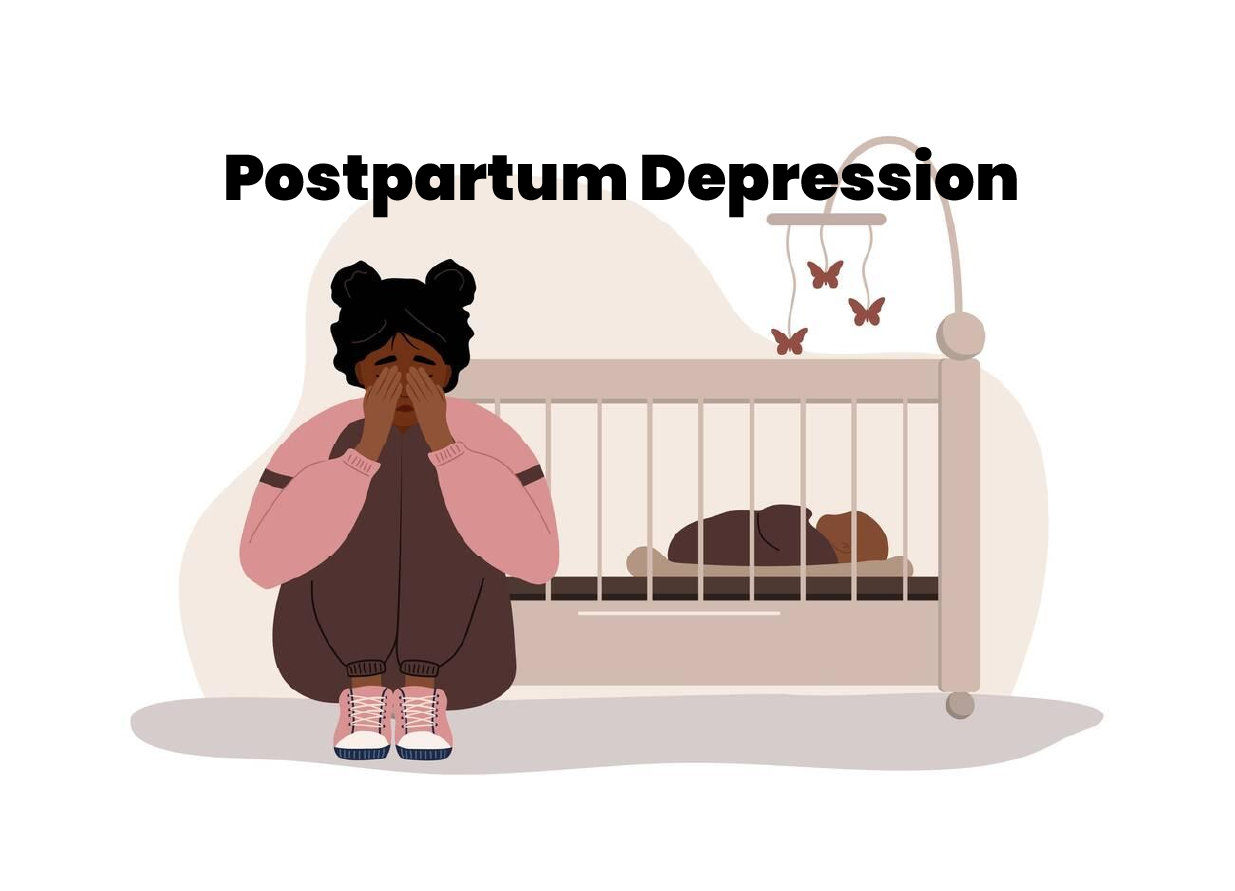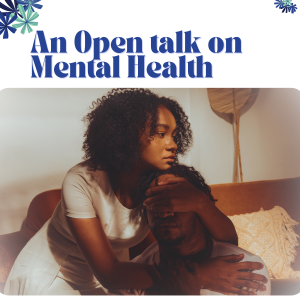Pregnancy and childbirth are often seen as a positive and joyous event for most women and their families. However, for some women, major changes in physiology, psychology, emotion, and social role in the postpartum period can lead to negative outcomes such as mental disorders. Postpartum depression (PPD) is the most common psychiatric disorder during the postpartum period. It refers to feelings of sadness, hopelessness, and anxiety that last for longer than two weeks after giving birth. Typically, it occurs within 4-6 weeks after childbirth, but it may last several months or even a year.
In simpler terms, postpartum depression is a condition that goes beyond the usual stress or exhaustion new moms feel. It’s a deep emotional struggle that can last long after the baby arrives, and it deserves real attention and support.
What Is Postpartum Depression?
Postpartum depression is a serious mental health condition marked by ongoing feelings of sadness, anxiety, or hopelessness after having a baby. It affects not just the mom but the whole family. It can make it hard to bond with your baby, take care of yourself, or enjoy things that once made you happy.
Research shows that PPD can impact a mother’s overall health and her ability to function day-to-day. It can also make it harder to form a strong connection with the baby, which is crucial for the child’s emotional and mental development.
Recognising the Signs of Postpartum Depression
It’s easy to confuse PPD with the baby blues, which are short-lived mood swings that many new moms experience. But while the baby blues usually fade within a couple of weeks after delivery, postpartum depression is characterised by more intense and longer-lasting symptoms.
Here are 10 common signs that someone might be dealing with postpartum depression:
-
Irritability
-
Anxiety
-
Trouble sleeping
-
Feeling restless
-
Loss of interest in things once enjoyed
-
Compulsive or obsessive behaviours
-
Deep sadness that doesn’t go away
-
Sudden angry outbursts
-
Changes in appetite
-
Thoughts of self-harm
If these symptoms last most of the day, nearly every day, for four weeks or more, it’s time to seek help. Motherhood isn’t meant to break you. Yes, it’s challenging. Yes, it can be stressful. But if the hard parts are drowning out the joyful ones, then it’s time to ask for help. You are strong and brave and worthy of support. You are not alone in this, and you don’t have to go through it in silence. If you or someone you love is struggling with PPD, reach out. Help is there, and healing is possible.
Where to Find Support for Postpartum Depression
Dealing with postpartum depression can feel lonely, but you don’t have to go through it alone. Support is out there, and getting help early can make a big difference in how you feel and how you heal.
Here are some steps you can take:
-
Talk to your healthcare provider. Being honest about how you’re feeling during and after pregnancy can be a huge first step.
-
Reach out to mental health organisation, such as LagosMinD, that offer support for women experiencing PPD.
-
Consider therapy. Individual or group therapy sessions can provide tools to manage your thoughts and emotions.
-
Speak with a counsellor. Sometimes, just having someone to talk to can be incredibly grounding.
-
Move your body. Regular exercise, especially cardio, can release endorphins and boost your mood naturally.
Conclusion
Everyone’s journey with postpartum depression is different. Some people’s symptoms decrease within a few months to a year, especially if they seek treatment for the condition. For some people, postpartum depression lingers for months and years, increasing in severity over time. This is more likely to happen if you don’t seek treatment for the condition.
The most important thing to remember is that you’re not alone, and help is available. Whether it’s talking to a friend, calling a mental health helpline, or speaking with a doctor, taking that first step can make all the difference.



